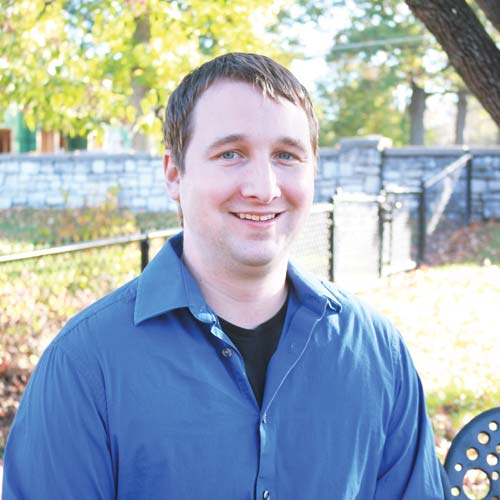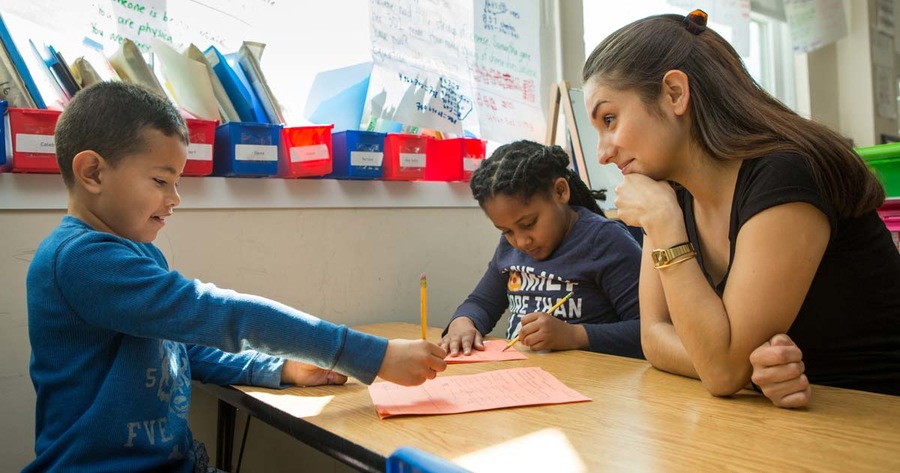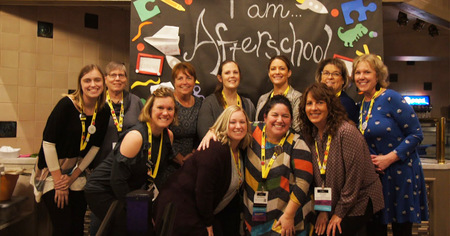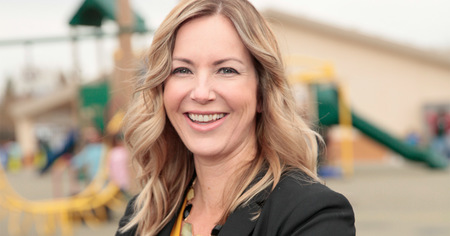START WITH EMPATHY
Young people want to feel they have a place in our program, but also in our hearts. This is one reason children will come to you with what (in their mind) is the biggest upset, but to you, it can be the smallest of things—a lost pencil, being tagged, etc. It's not our job to judge the importance of these situations, but instead to listen and feel within this moment and connect with the struggle. Strategies:
- Validate their feelings. Help children name their emotions.
- Play in their imaginations. "It's a bummer you were tagged. Wouldn't it be amazing if we could play and be good enough to never be tagged?"
- Sit on your "buts." Avoid dismissing the child's emotions by adding in your own feelings: "But, you shouldn't have. But, it's not that big of a deal. But, you'll be fine."
ENGAGE WITH COOPERATION
Talking to someone bigger, older and louder can be scary at any age. So why do we not all see that for the kids we work with? Strategies:
- Start by literally getting down on their level by bending or kneeling to talk with them—not at them or down to them.
- Make it a game. "I wonder how fast we can do this?"
- Explore choices together that work for them and for you.
- Be clear about your actions. "I will do _______when _______ is done. I see that _______ and we can't do _____ until ______."
CREATE STRUCTURES OF SUPPORT FOR PROBLEM SOLVING
Remember your role as teacher. You are there to guide solutions, not to fix problems. When adults go straight to fixing problems that kids can fix or themselves, it limits development of problem-solving skills. Strategies:
- Work with kids to create group norms and define program rules and expectations. Having defined expectations provides a sense of security for kids and staff.
- When program or participant issues arise, engage young people as part of the solution. Adults can suggest solutions or outcomes, but youth involvement brings about stronger engagement and teaches problem-solving and cooperation.
Kids are human and have many of the same basic wants we all have: to feel heard, seen and included. When working with young people, if adults start from a positive mindset—a place of empathy—engage with cooperation and create structures for support, we will build the trusting relationships that support positive youth development.
 Tyler Kearns is a Program Coordinator for Clayton Kid Zone, Play Ambassador with the Genius of Play, Afterschool Leadership Team Member with the Missouri Afterschool Network, and owner and master instructor at Axiom Martial Arts. Kearns, an NAA Executive member, is also a 2017 NAA Next Generation of Afterschool Leaders Honoree.
Tyler Kearns is a Program Coordinator for Clayton Kid Zone, Play Ambassador with the Genius of Play, Afterschool Leadership Team Member with the Missouri Afterschool Network, and owner and master instructor at Axiom Martial Arts. Kearns, an NAA Executive member, is also a 2017 NAA Next Generation of Afterschool Leaders Honoree.
Photo by Allison Shelley/The Verbatim Agency for EDUimages.
Headshot courtesy of Tyler Kearns.




